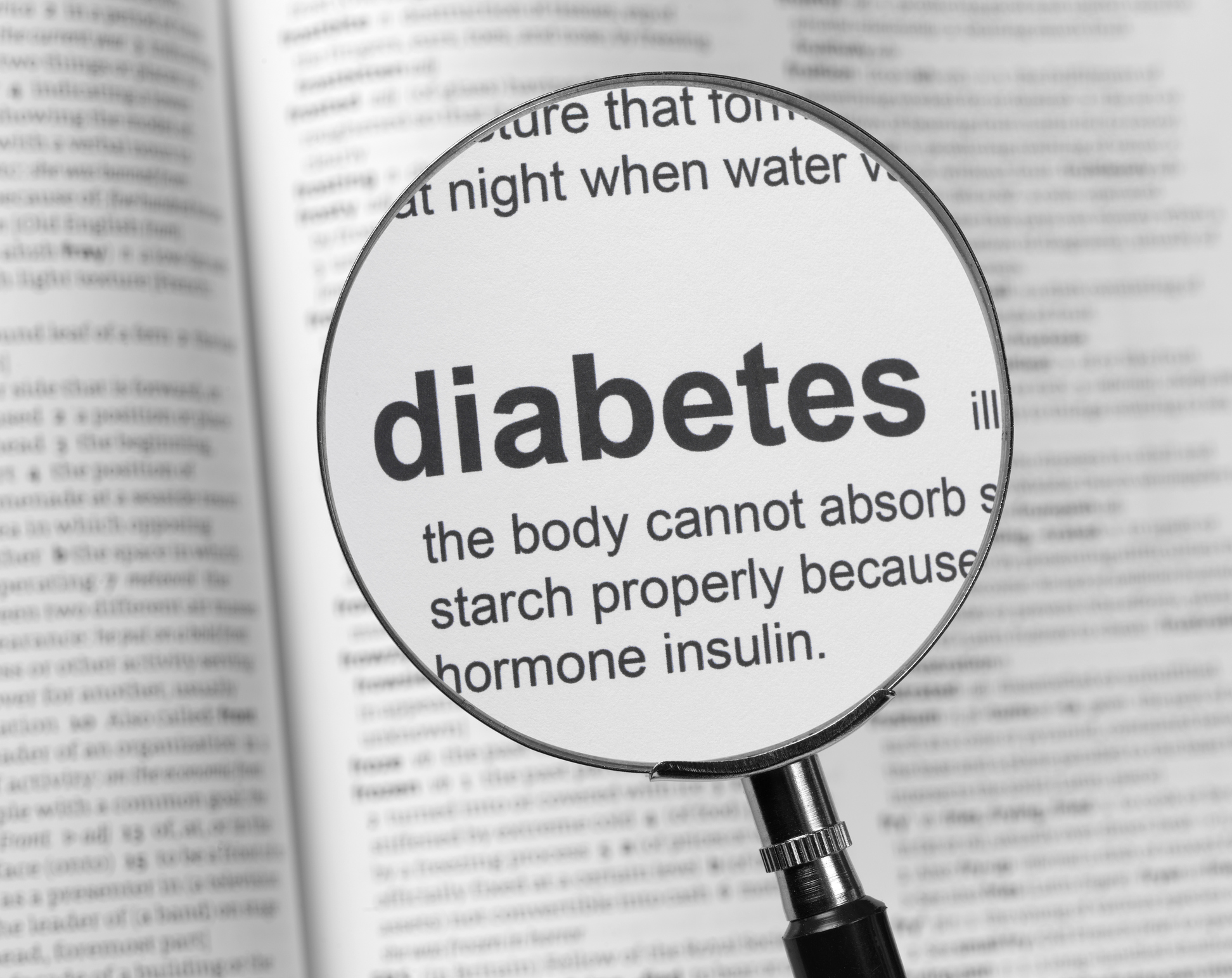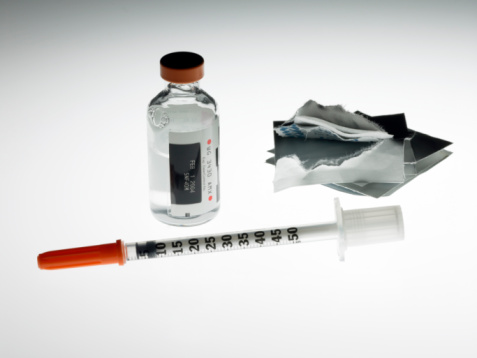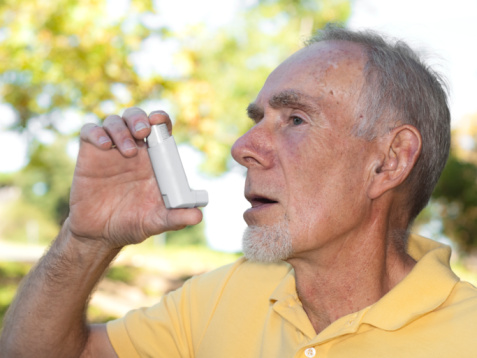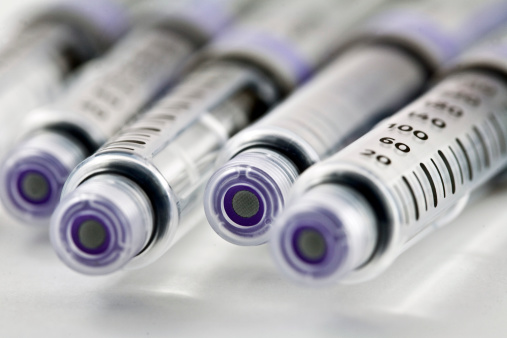Heart attack and diabetes risk increases with excess fat storage failure
Heart attack and diabetes risk increases with the failure to safely store excess fat in the body. Overeating and lack of physical activity are well-known contributors to weight gain and the obesity epidemic. Obesity is linked to a higher risk of a heart attack and type 2 diabetes brought on by the body’s progressive resistance ...click here to read more











